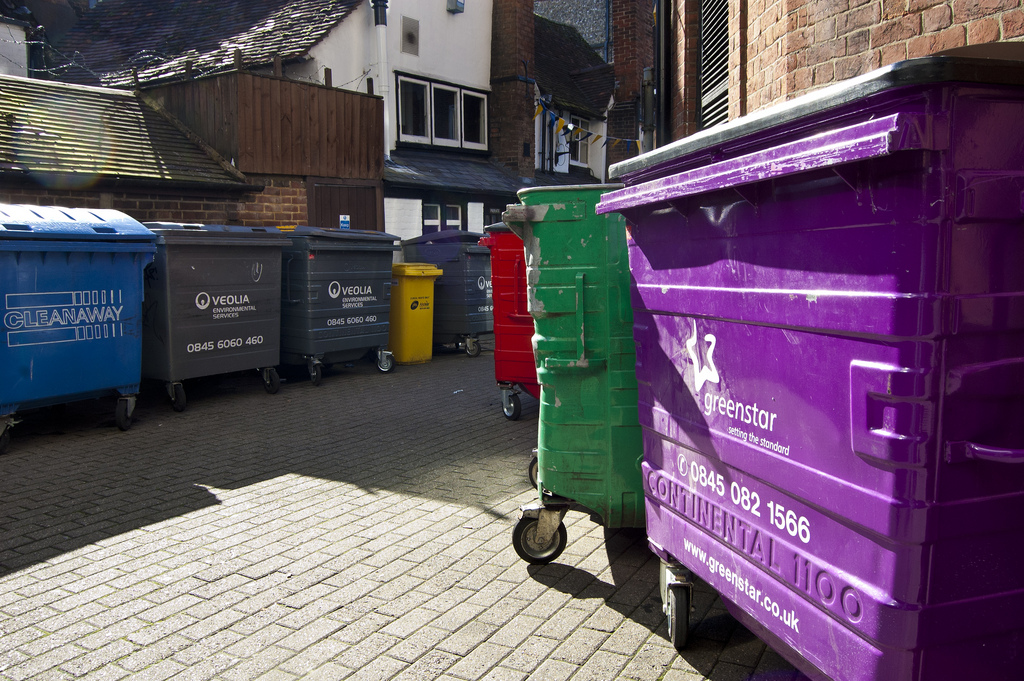The development of sustainable solid waste management (SWM) systems requires consideration of both economic and environmental impacts. Societal life-cycle costing (S-LCC) provides a quantitative framework to estimate both economic and environmental impacts, by including “budget costs” and “externality costs”. Budget costs include market goods and services (economic impact), whereas externality costs include effects outside the economic system (e.g., environmental impact). This study demonstrates the applicability of S-LCC to SWM life-cycle optimization through a case study based on an average suburban U.S. county of 500 000 people generating 320 000 Mg of waste annually. Estimated externality costs are based on emissions of CO ,CH,NO, PM ,PM ,NO,SO , VOC, CO, NH , Hg, Pb, Cd, Cr (VI), Ni, As, and dioxins. The results indicate that incorporating S-LCC into optimized SWM strategy development encourages the use of a mixed waste material recovery facility with residues going to incineration, and separated organics to anaerobic digestion. Results are sensitive to waste composition, energy mix and recycling rates. Most of the externality costs stem from SO ,NO,PM ,CH, fossil CO , and NH emissions. S-LCC proved to be a valuable tool for policy analysis, but additional data on key externality costs such as organic compounds emissions to water would improve future analyses.
Verònica Martínez
2017
Journal of Environmental Science and Technology
Martinez-Sanchez, V., Levis, J.W., Damgaard, A., DeCarolis, J. F., Barlaz, M. A., Astrup, T. F. (2017) Evaluation of Externality Costs in Life-Cycle Optimization of Municipal Solid Waste Management Systems. Journal of Environmental Science and Technology, 51 (6): 3119–3127.

